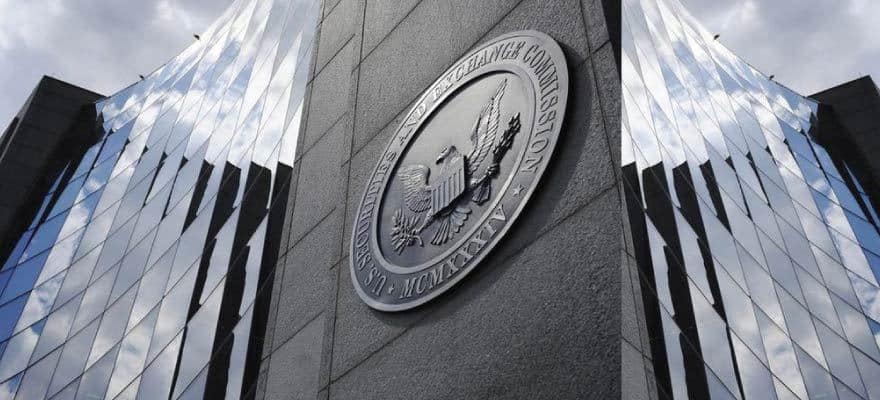
Understanding the Impact of the EU’s Anti-Money Laundering Laws on Crypto Transactions
The European Union (EU) is poised to enact new anti-money laundering (AML) and counter-terrorism financing laws that will significantly affect the cryptocurrency market. These laws, approved by the majority of the EU Parliament’s lead committees, aim to regulate cash and cryptocurrency transactions to enhance financial transparency and combat illicit activities.
Key Points:
- Ban on Anonymous Transactions: The approved legislation includes a ban on anonymous crypto transactions through hosted or custodial wallets provided by third-party service providers, such as centralized exchanges. This ban extends to both cash and cryptocurrency transactions, aiming to curb money laundering and terrorist financing activities.
- Limitations on Cash Transactions: The new AML laws impose restrictions on cash transactions as well. Cash payments over €3,000 will be banned in commercial transactions, while payments exceeding €10,000 will be completely banned in business transactions. These measures are intended to deter criminal activities facilitated by large cash transactions.
- Concerns Raised: Some members of the crypto community have expressed concerns about the impact of these regulations on financial privacy and economic independence. MEP Patrick Breyer and others argue that banning anonymous transactions compromises fundamental rights and may not effectively address the intended objectives of combating crime.
- Misinterpretations and Clarifications: Reports suggesting a ban on self-custodial crypto transactions and wallets circulated erroneously, leading to panic within the crypto community. However, Circle’s EU Strategy and Policy Director Patrick Hansen clarified that self-custody wallets are not banned, and payments to/from such wallets remain unaffected. The legislation primarily targets custodial crypto businesses and imposes KYC/AML procedures on them.
- Implementation Timeline: The AML laws are expected to be fully operational within three years of their entry into force. While there are concerns about the impact of these regulations, some industry experts view the final version of the legislation as a favorable outcome for the crypto industry compared to earlier proposals.
- Regulatory Framework: The AML laws complement existing regulations governing crypto assets, such as the Markets in Crypto Assets Regulation (MiCA). MiCA aims to standardize the regulatory landscape for digital assets within the EU and will be fully enforced by December. Additionally, the European Securities and Markets Authority (ESMA) is actively working on implementing MiCA rules to combat market abuse and ensure proper service delivery in the crypto sector.
In conclusion, the EU’s new anti-money laundering laws represent a significant regulatory development for the cryptocurrency market. While aimed at enhancing financial transparency and combating illicit activities, these laws have sparked debates regarding their potential impact on privacy and economic freedom. As the regulatory landscape continues to evolve, industry participants must adapt to comply with these regulations while advocating for a balanced approach that preserves the core principles of decentralization and financial innovation.





